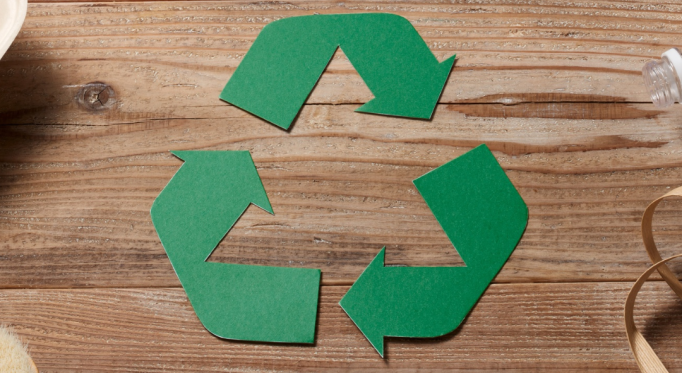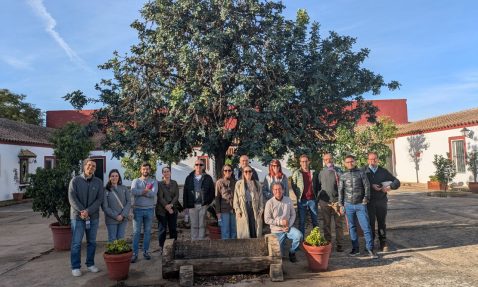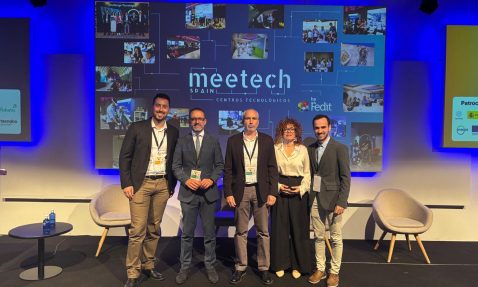CETEM impulsa la economía circular a través de proyectos que transforman residuos en nuevas oportunidades
CETEM reinforces its commitment to sustainability by participating in European and national projects that promote the circular economy, advanced recycling and responsible design in the housing sector.

On the occasion of European Waste Prevention Week, CETEM highlights its participation in a series of projects that reinforce its commitment to sustainability and the transition towards more circular production models within the housing sector. These initiatives range from advanced material recycling to new design strategies, professional training and industrial symbiosis, contributing to reducing environmental impact and promoting the efficient use of resources.
Among these projects is CIRCON, an initiative focused on researching new formulations of sustainable polyurethanes for use in construction. As part of this project, CETEM is working on developing more environmentally friendly flexible foams using renewable and recycled raw materials.
The PURELY project also aims to transform flexible polyurethane foam waste using green chemistry, obtaining high-quality recycled materials that can be reincorporated into products such as mattresses and upholstery. CETEM contributes to promoting solutions that increase the useful life of these materials and reduce their environmental impact.
At the same time, the BIORCAN project is advancing in the development of cosmetic and pharmaceutical formulations based on non-psychoactive cannabinoids. This initiative promotes naturally sourced bioactive ingredients that open the door to safe and effective products linked to sustainable innovation.
The circular economy applied to furniture is the central focus of FRANCESCA, a European project that addresses the entire product life cycle. It works on strategies that promote responsible design, repair, reuse and recycling, supporting the sector’s transition towards more efficient and sustainable processes.
In the field of education, the WENUS project modernises vocational training in sustainable construction with wood, integrating green skills, emerging technologies and circular economy principles. Complementarily, CIRCLER develops the professional profile of the Circular Economy Transition Manager, key for furniture companies seeking to adapt to new production models.
Finally, CETEM promotes the COST LIAISE Action, aimed at strengthening collaboration between universities, companies, administrations and technology centres to advance industrial symbiosis. This international network facilitates the exchange of knowledge and the development of strategies that enable the use of resources and waste between different sectors.
Through these projects, CETEM reaffirms its role as a European agent of sustainable innovation, promoting solutions that contribute to a more responsible, efficient and environmentally friendly future.













